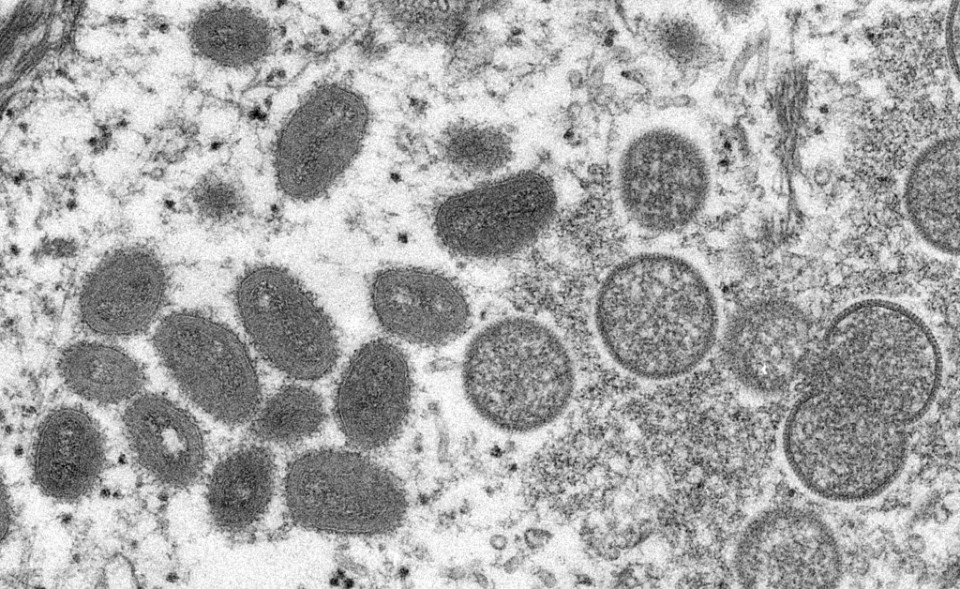
Nigeria has recorded 21 cases of monkeypox since the start of the year, one of which was fatal, the country’s disease control agency said.
The Nigeria Centre for Disease Control (NCDC) said late Sunday 66 suspected cases had been reported in nine out of the country’s 36 states and the administrative capital Abuja.
Of these, 21 cases were subsequently confirmed as monkeypox, one of which — a 40-year-old man who also had kidney disease — was fatal.
“Among the 21 cases reported in 2022 so far, there has been no evidence of any new or unusual transmission of the virus, nor changes in its clinical manifestation documented,” the NCDC said.
Six of the cases were detected in May, it said.
The NCDC said Nigeria’s risk of exposure to monkeypox virus was relatively high based on a recent assessment it had conducted, but the health impact was relatively low.
“The current situation in-country and globally has shown no significant threat to life or the community that can result in severe disease or high case fatality rate,” it said.
The agency urged the public to be aware of the risk and notify a doctor if they had any symptoms of the disease.
Monkeypox is related to smallpox but is far less severe.
Initial symptoms include a high fever, swollen lymph nodes and a chickenpox-like rash. Most people recover within several weeks.
The virus can be transmitted to humans by infected animals. Person-to-person transmission is far rarer — experts say it seems to be transmitted by close contact with an infected person who has blisters on their skin.
There is no specific treatment but vaccination against smallpox has been found to be about 85 percent effective.
Monkeypox was first detected in the Democratic Republic of Congo in 1970 and is considered endemic in around a dozen African countries.
Its appearance in non-endemic countries has worried experts, although those cases reported so far have been mostly mild.
joa/ri
© Agence France-Presse







